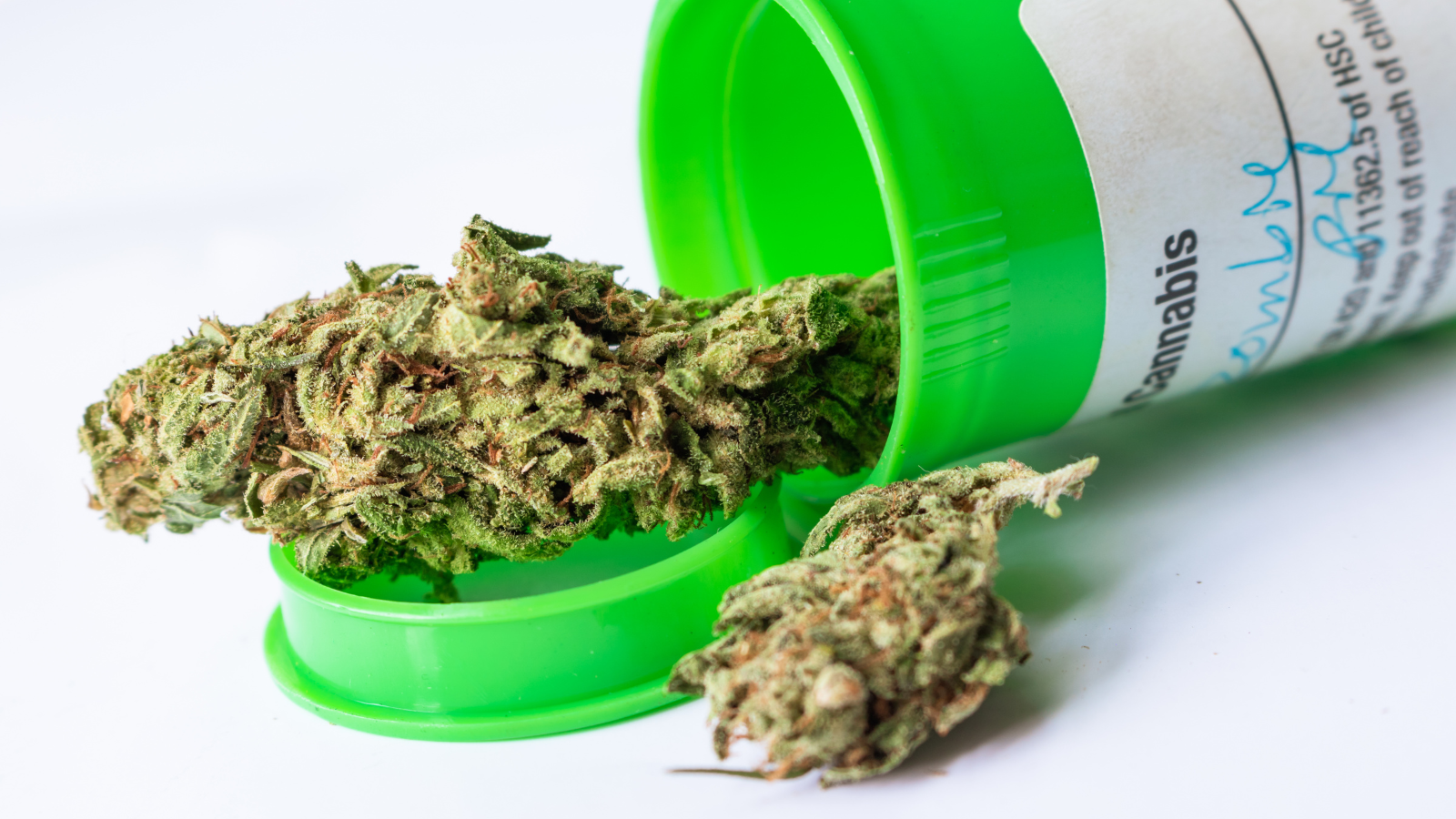
May 16 2024

The legislation
The relevant law is the Road Traffic Act 1988 Section 5A – an individual is guilty of an offence if they drive/attempt to drive or are in charge of a vehicle whilst a proportion of a specified drug is above the prescribed limit.
There are currently 17 drugs with specified limits but, for this article, I concentrate on THC or delta-9-tetrahydrocannabinol, the major psychoactive chemical in cannabis.
The legal limits were enshrined in law which came into force in 2015. For drugs such as cannabis (THC) and cocaine (including its metabolite), the levels were set with a zero-tolerance approach rather than with impairment of driving ability in mind.
The law Section 5A(3) also specifies a defence to these offences when:
The defence is not available if the drug was not used in accordance with instructions about its use and driving (e.g. any stipulated time period between the two). It may also not be available if the suspect’s driving ability is significantly impaired, as medical advice should always be given not to drive until the patient feels unaffected.
Crucially, if the Prosecution provide evidence to challenge the defence (per a, b or c above) then the Prosecution must satisfy the Court that the defence is not valid beyond reasonable doubt.
The use of privately-prescribed, off-licence cannabis-based medicinal products (CBMPs) has continued to increase since it become legal for these to be prescribed in 2018, though uptake was extremely slow initially, in part because of the high cost. NHS prescriptions are also available but only for a very small number of conditions.
The legislation, per the Road Traffic Act 1988 (as amended in 2015), is suitable to allow for legitimate medical and dental use of specified drugs (including cannabis) but the police, part of whose job it is to report drug driving suspects to the CPS, may not be aware of the legitimate possession and use of medicinal cannabis.
A Typical Scenario
A driver is pulled over because they have a defective brake light bulb on their car. The standard of their driving was not poor and the police do not suspect any impairment of driving, nor was there evidence of this. However, on speaking to the driver, an officer smells cannabis and so a DrugWipe (roadside oral fluid screening test) is conducted which returns a positive indication for cannabis use. The driver is found in possession of cannabis in a pot labelled medicinal cannabis and holds a prescription, though not on their person, for that drug as well as for cannabis oil. Their cannabis is confiscated, they are arrested and taken to the police station for processing.
The suspect is then held in a cell before a nurse arrives to take a blood sample. The sample is obtained and split in two with one being offered to the suspect and the remaining portion being sent off by the police to a lab. The suspect is bailed pending the receipt of the results, which may take several weeks or months to return. There is no merit in the suspect having their ‘B’ sample tested, as they already know they have taken cannabis, albeit legitimately. If they did choose analysis, they would need to fund it themselves, as even if eligible, Legal Aid cannot be applied for pre-charge.
Meanwhile the suspect provides evidence to the investigating officer of their prescription proving they were legally allowed to possess the medicinal cannabis at the time they were stopped. The police do not investigate the medical defence for drug driving further.
The results are returned, and the driver is over the prescribed limit for THC in their blood. They are charged with the offence of driving whilst over the prescribed limit for THC. If they qualify for Legal Aid, the taxpayer funds their Defence. If not, they must fund their own defence, which may cost £100s if not £1,000s. They may also need to pay for more medicinal cannabis.
At what point should the investigation take medicinal cannabis into account?
Medicinal cannabis in practice
Medicinal cannabis may present as female flowering heads (skunk) or as THC in an oil. In its physical form, it is true that medical cannabis may be indistinguishable from illegal ‘skunk’ cannabis or cannabis oil. However, it is usually administered via a vaporiser device or syringe, rather than being smoked in the manner of illicit cannabis; so ‘medicinal cannabis’ in a joint, for example, would not be eligible for the statutory defence.
In practice, Prosecutors should assess carefully whether the potential harm to society warrants prosecutions where no impairment of driving ability is demonstrated or suspected, particularly in cases where the statutory medical defence has not been assessed or proven.
Even in cases where police have witnessed minor driving issues, such as veering or crossing white lines, field impairment tests (FITs) are rarely conducted following a positive DrugWipe. This means that driving ability/psychomotor performance has not been assessed making it more difficult to support a suspect’s claim of no impairment.
How may KBC help?
We have a small team of forensic toxicologists who have over 60 years’ worth of collective experience dealing with drink and drug driving cases in the UK, Ireland and overseas. We provide a wide range of expert reports on various lines of Defence/Special Reasons, including the following:
Get in touch
Please contact Richard Brown, Sarah Morley or Jenny Gray with any alcohol/toxicology queries.
Author
Richard Brown
BSc(Hons)